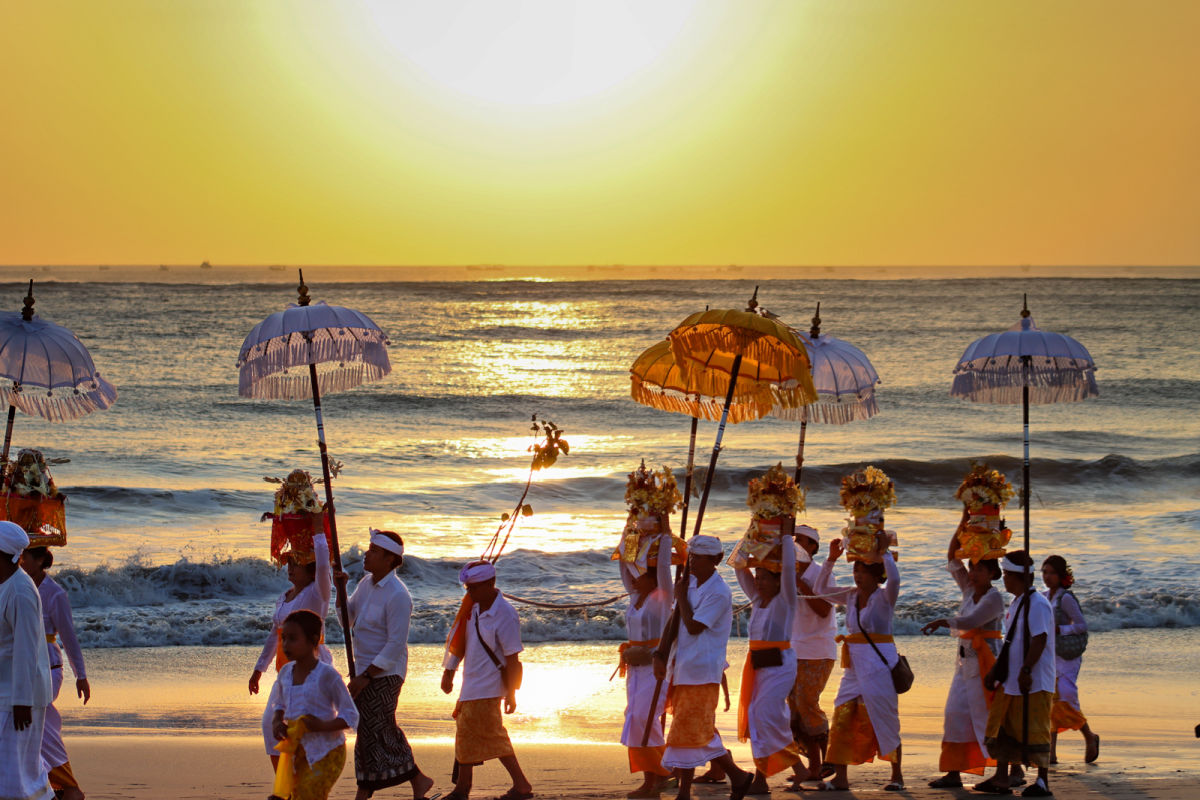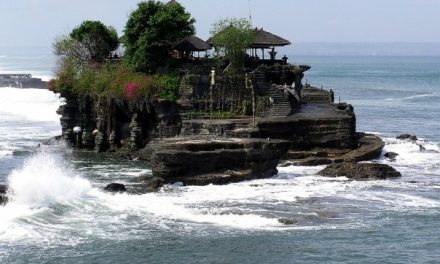This year, the much-anticipated Balinese New Year, known as Nyepi or the Day of Silence, will take place on March 29th.

The Significance of Nyepi Day
At 6 AM on Saturday, March 29, 2025, an incredible transformation will occur in Bali: the island will fall silent. Residents and visitors alike will remain indoors, with no transportation allowed, and all air traffic will pause for a full 24 hours.
Understanding the Airport Closure
The President Director of PT Angkasa Pura Indonesia, Faik Fahmi, confirmed that I Gusti Ngurah Rai International Airport will halt all operations over Nyepi as customary. He expressed, “We are coordinating with stakeholders and related ministries to ensure a smooth process and potential policies surrounding this regulation.”
For travelers planning to experience Nyepi, it’s crucial to arrive before the Day of Silence. Fahmi advised anyone looking to visit Bali to avoid flying in the day before Nyepi. Ideally, you should plan to land by the morning of March 28th. Arriving on the 27th is even better since many businesses and taxi services typically cease operations from midday before Nyepi.
Planning Ahead: Balancing Nyepi and Eid Celebrations
Why the rush to plan? This year’s Nyepi Day falls just a day before the Islamic festival of Eid al-Fitr, celebrated on March 30 and 31. This proximity means that many Muslims travel to Bali, creating a bustling environment just before Nyepi.
Additionally, countless Muslim residents in Bali will be traveling back to their hometowns across Indonesia for the Lebaran holiday. Picture this: families joyfully gathering, bustling airports, and crowded streets. It’s essential to factor in the influx of travelers when planning your vacation.
What to Expect During Nyepi Day
During Nyepi, tourists must remain within their accommodations from 6 AM on March 29 until 6 AM the following day. This means no restaurants, no shopping, and certainly no wandering the streets—a unique opportunity for introspection and meditation. Picture yourself in your hotel room, perhaps sipping tea and reading a good book, while the world outside is still.
Additionally, be mindful of the increased traffic at Bali Airport that week. Bali’s vibrant energy will heighten, and the roads will bustle as folks make their way to celebrate the festivities. In certain villages, residents often expect everyone to be home after the ogoh-ogoh parades, which wrap up by around 10 PM.
Final Thoughts: Embracing the Day of Silence
As we approach the dual holiday period, it’s essential for tourists to stay updated with any announcements and preparations being discussed. Fahmi remarked, “This is still in the discussion stage, and once policies are issued by the Ministry of Transportation, we will comply.” Regardless, tourists will be well-cared for during Nyepi, and we ask that they respect the local customs and protocols.
Hotels and guesthouses will take care of their guests, offering guidance on the procedures for the day. Some accommodations may provide food in advance, while others might invite guests to enjoy a quiet buffet or request that they remain in their rooms during the entirety of Nyepi.
The essence of Nyepi Day lies in silence, reflection, and meditation. Expect to keep lights off, limit electricity use, and forgo entertainment. Local pecalang will ensure that streets are peaceful—nobody ventures out unless for an emergency. This day offers a profound experience—a break from the usual hustle, providing serenity like no other. Imagine an evening in Bali, where for once, the skies are uncluttered by light pollution, revealing a breathtaking display of stars.
Embrace this unique moment in Bali, and allow the stillness of Nyepi to leave a lasting impression on your journey.






